MT. Gox Collapse: Lessons in Crypto Security
HISTORICAL
2/4/20255 min read
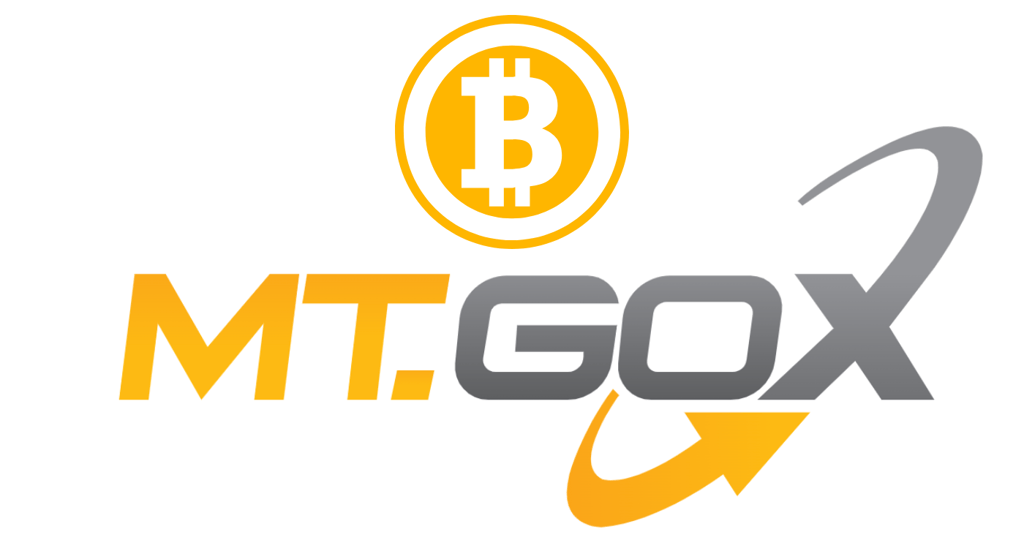

Mt GOX - The First Major Bitcoin Exchange
The cryptocurrency landscape is littered with cautionary tales, and none are more prominent than the collapse of Mt. Gox, once the dominant Bitcoin exchange. In 2014, Mt. Gox, handling a staggering 70% of all Bitcoin transactions worldwide, abruptly ceased operations after a devastating hack that drained the exchange of hundreds of thousands of Bitcoins. This event served as a stark reminder of the critical importance of robust security measures within the cryptocurrency ecosystem
Mt. Gox's downfall was a result of a confluence of factors, including inadequate security protocols, insufficient risk management, and a lack of transparency. Hackers exploited vulnerabilities in the exchange's systems, gaining unauthorised access to user accounts and siphoning off a significant portion of the platform's Bitcoin reserves. The impact of this hack was profound, shaking user confidence in cryptocurrency exchanges and highlighting the critical need for robust security measures to protect user funds
Driving Bitcoin Adoption in the Early Era of Bitcoin
Founded in 2009 by American software developer Jed McCaleb, Mt. Gox was originally a site for trading cards from the game "Magic: The Gathering." By 2010, it had transformed into a Bitcoin trading exchange. That same year, the now-famous transaction of 10,000 BTC for two large pizzas occurred, which is celebrated annually as Bitcoin Pizza Day. Mt. Gox launched during a crucial developmental period in Bitcoin's history in July 2010, just two months after this historic pizza transaction. When Mt. Gox began operations, Bitcoin was trading between 5 and 8 cents. Prior to its collapse in February 2014, Bitcoin's price had risen to between $600 and $700. During this early era of Bitcoin and Mt. Gox's operation, the cryptocurrency's market capitalization grew from a few million USD to $7 billion USD, representing an astronomical increase of several thousand-fold in market value. Mt. Gox played a pivotal role in early Bitcoin adoption and growth by allowing users to easily buy and sell Bitcoin using bank account funds or credit cards, driving the industry forward until its catastrophic collapse in February 2014.
The Hack Which Stole 850,000 Bitcoin From Mount Gox Users
The Mt. Gox collapse was a major event in the history of Bitcoin, highlighting the risks of early cryptocurrency exchanges. Mt. Gox, once the dominant platform for Bitcoin trading, suffered a massive hack that resulted in the loss of approximately 850,000 Bitcoins. This theft, coupled with mismanagement and poor security practices, led to the exchange's downfall and subsequent bankruptcy in 2014
The hackers exploited vulnerabilities in Mt. Gox's systems, particularly the reliance on "hot wallets" connected to the internet, making them easy targets. The company lacked the expertise to implement proper security measures and failed to adequately protect user funds. This failure, combined with internal mismanagement and a lack of transparency, eroded public trust and ultimately caused the exchange to collapse
The consequences of the Mt. Gox collapse were far-reaching. It triggered a sharp decline in Bitcoin's value, shaking confidence in the nascent cryptocurrency market. Many users lost their funds, and the recovery process has been long and complicated. The incident also led to increased regulatory scrutiny of cryptocurrency exchanges and emphasized the need for robust security standards to protect users and their investments
The Mt. Gox story serves as a cautionary tale, reminding us of the importance of security and responsible management in the cryptocurrency space. It underscores the need for exchanges to prioritize the safety of user funds and implement strong security measures to prevent future hacks
Origins of The Hackers
Mt. Gox's notorious hack was primarily attributed to a group that likely began infiltrating the exchange's systems as early as 2011. The attackers exploited a series of security vulnerabilities in Mt. Gox's transaction system, slowly siphoning Bitcoin from the exchange's hot wallet over several years.
While the complete identity of the hackers remains uncertain, investigations have revealed some insights. Evidence suggested that the attackers may have compromised the auditing system that was meant to verify Bitcoin withdrawals. This allowed them to manipulate transaction records and steal funds without immediate detection. In some cases, the same Bitcoins were withdrawn multiple times due to what became known as "transaction malleability" attacks.
Russian security researcher Alexander Vinnik was later arrested in Greece in 2017 and accused of laundering Bitcoin stolen from Mt. Gox through his exchange, BTC-e. However, the identity of the original hackers who compromised Mt. Gox's systems has never been conclusively proven.
Regulation and Legal Proceedings
The aftermath of the Mt. Gox collapse has been a long and arduous process, marked by complex legal proceedings and ongoing efforts to compensate affected users. Following the bankruptcy filing in 2014, a rehabilitation plan was initiated, aiming to repay creditors a portion of their lost funds. This process has been fraught with challenges, including determining the value of the lost Bitcoin at the time of the collapse versus its current value, dealing with fluctuating cryptocurrency prices, and navigating the complexities of distributing assets from a bankrupt entity. While some repayments have begun, the full extent and timeline of the recovery process remain uncertain for many creditors. The Mt. Gox case also spurred increased regulatory scrutiny of cryptocurrency exchanges worldwide. While specific regulations vary by jurisdiction, the collapse highlighted the need for stricter requirements regarding security audits, reserve management, and customer fund protection. Many countries have since implemented or are considering legislation to address these concerns, focusing on measures such as licensing requirements for exchanges, segregation of customer funds, and enhanced transparency in operations. The Mt. Gox debacle served as a catalyst for a more serious discussion about the regulatory framework needed to govern the burgeoning cryptocurrency industry and protect investors
Education and Knowledge on Bitcoin Storage
The Mt. Gox catastrophe underscored a fundamental truth about cryptocurrencies as a sovereign asset class: the responsibility of security lies entirely with the holder. Unlike traditional financial systems where banks provide insurance and protection, cryptocurrency ownership demands rigorous security protocols and careful consideration of storage methods. The mantra "not your keys, not your coins" emerged from incidents like Mt. Gox, emphasizing that entrusting cryptocurrencies to centralized exchanges carries inherent risks. This new asset class requires users to understand and implement various security measures, from cold storage solutions like hardware wallets to proper key management and backup procedures. The decentralized nature of cryptocurrencies, while offering financial sovereignty, also places the onus of security squarely on the individual or institution holding the assets
Conclusion
The Mt. Gox collapse stands as a watershed moment in cryptocurrency history, fundamentally shaping how the industry approached security, risk management, and user protection. While the exchange played a crucial role in Bitcoin's early adoption and growth, its dramatic fall served as a powerful catalyst for change. The loss of 850,000 Bitcoin forced the industry to mature rapidly, leading to enhanced security protocols, better storage solutions, and increased regulatory oversight. Today, Mt. Gox's legacy continues to influence cryptocurrency exchange operations and security practices, reminding participants in this innovative financial system that with the promise of financial sovereignty comes the critical responsibility of protecting these digital assets. The lessons learned from this catastrophic event continue to resonate, helping to build a more resilient and secure cryptocurrency ecosystem for the future
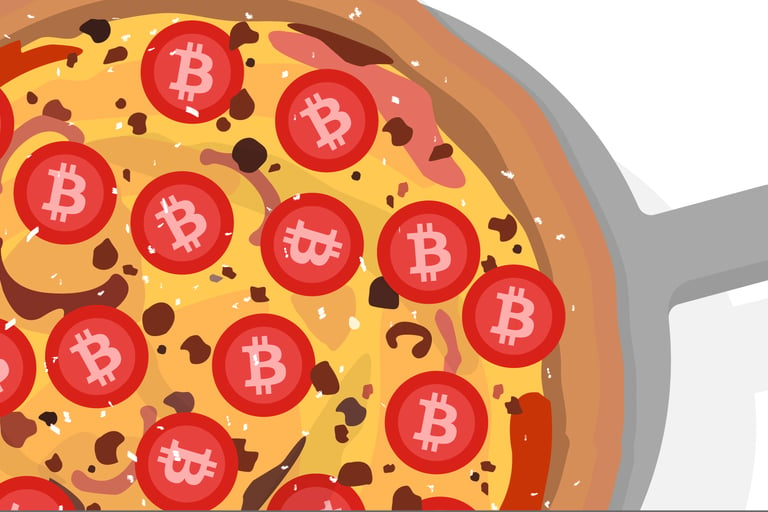

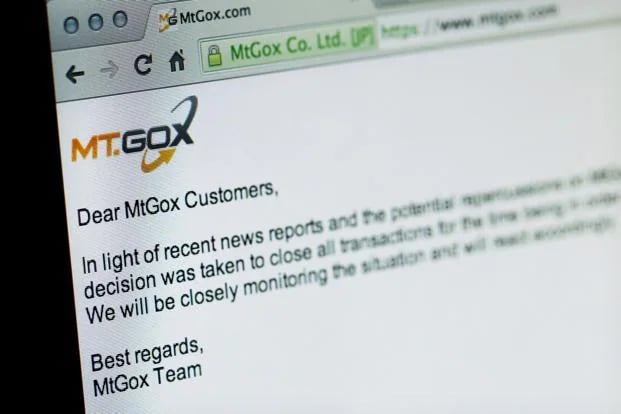

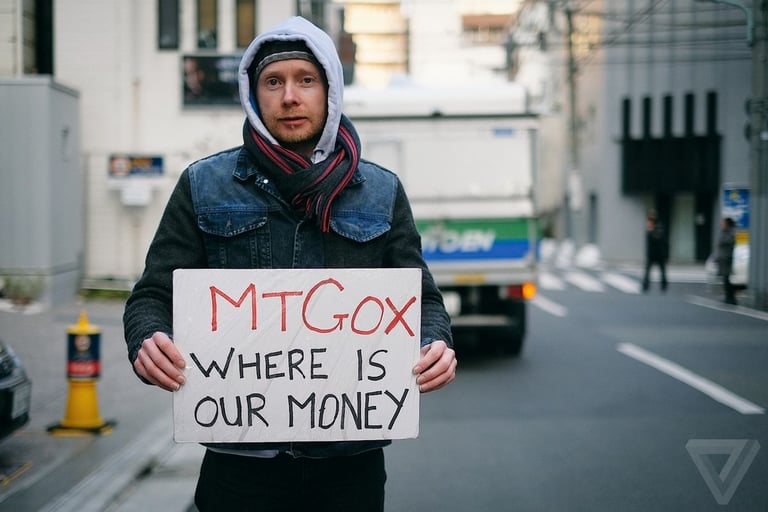



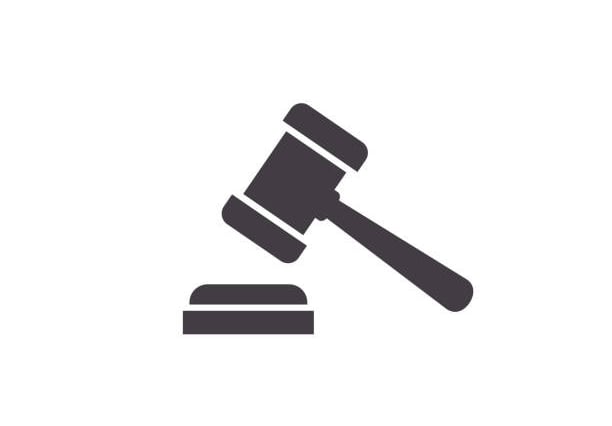

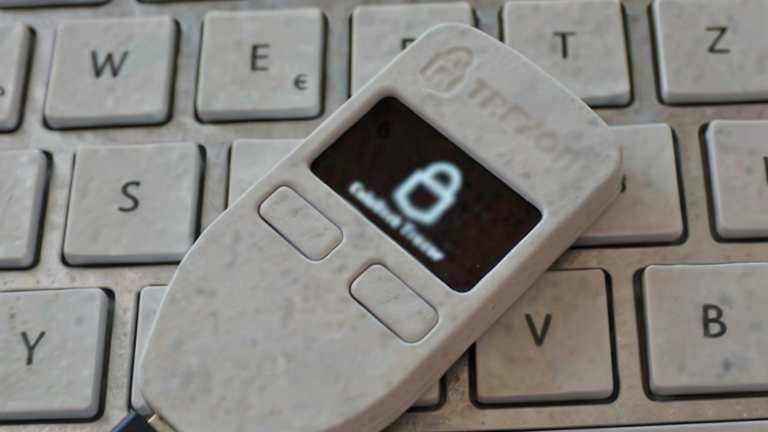

Get in Touch
We'd love to hear from you! Reach out for questions, feedback or other enquiries
Reach
info@bitesizedblockchain.com
Bite Sized is not affiliated with these brands in any way

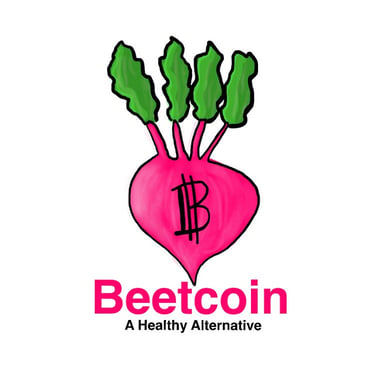



Grab your daily web 3 byte
